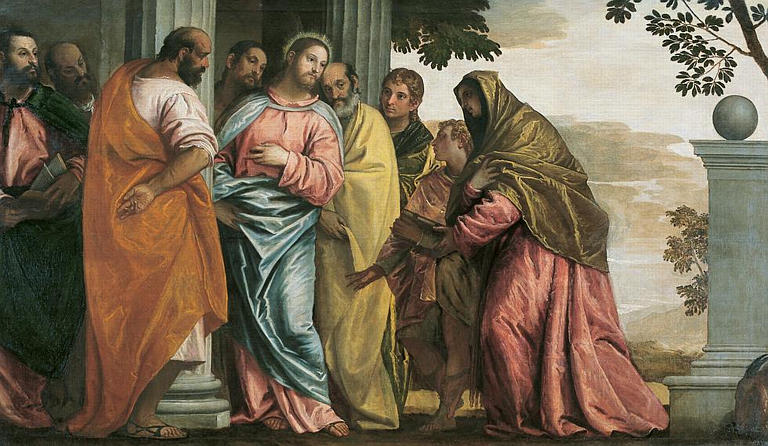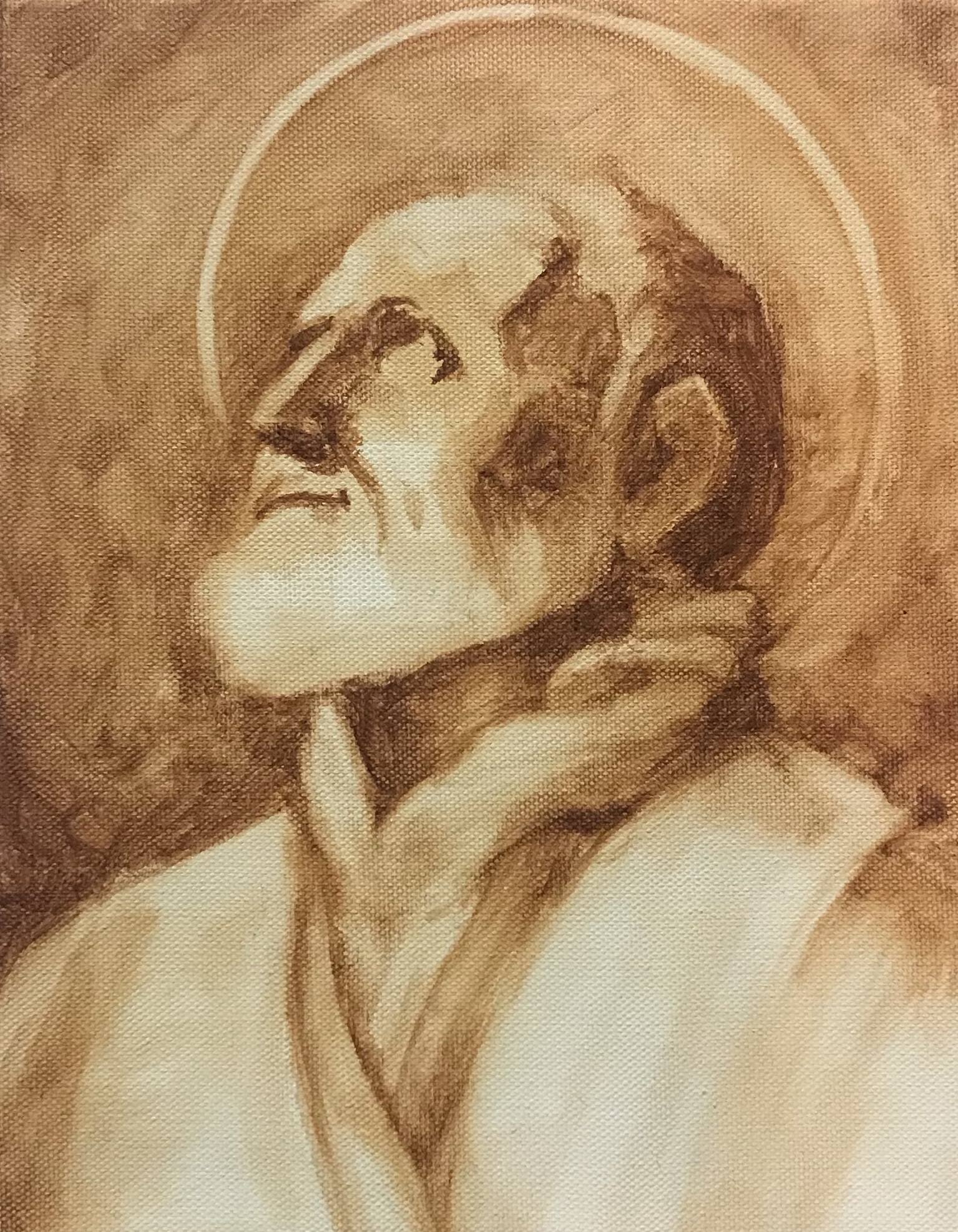The difficult issue of how and when to correct a brother if they are in the wrong is brought up in today’s Gospel. As a priest, I often get asked the question about how to go about this delicate work. Saint Augustine gives some of the best advice which you will find below. St. Thomas Aquinas takes Augustine’s whole teaching on fraternal correction with essentially no modifications.
Jesus tells us to remove the plank from our own eye first as a reminder that if you are not coming from a painfully lower place of humility, you have no business even beginning the process of correcting others. Can we remove the plank? Yes, but in doing so we realize that the eye previously blinded by the presence of the plank has suffered permanent damage. When we remove the plank from our eye, we can indeed see more clearly – however, since our eye is damaged, we will never see well enough to be certain of what we see. Therefore, not only must we first humble ourselves, before correcting another, but we must then recognize that even the problems we think we see in others could be due to a permanent problem in our own perception. When your eye is bad, it isn’t a good idea to do surgery: if you can’t see well, you shouldn’t try yourself to remove a speck that you think you see. It is better left to someone who can see the speck clearly, or the person themselves.


 I’ve often heard the reason Jesus named James and John “Sons of Thunder” as having to do with their asking Him to send down fire from heaven to consume the town of unbelievers. I thought it was a humbling compliment, but one they deserved – a light but poignant way to emphasize that though occasionally misplaced, their fervor was remarkable. I was delighted to read in Bede the Venerable’s commentary today a slightly different take. The Sons of Thunder were so named because they heard the voice of the Father on the Mount of Transfiguration. The voice of the Father like thunder, their hearts moved definitively from the static complacency of a life that sees its completion on earth. We can perceive that John’s life was intensely altered by the Word made flesh, the Lamb of God, the Beloved Son, Jesus. John’s conversion to Jesus comes from a Word and a Voice that deeply uprooted his heart. I wonder if the fervor of the first Apostle to be martyred, James, wasn’t like the echo of the heartbeat of his brother John. John’s fervor was so contagious he clearly infected both St. Peter and St. Paul. Perhaps we could say that John loved his brother James so much that Jesus couldn’t refuse James the same graces as his brother.
I’ve often heard the reason Jesus named James and John “Sons of Thunder” as having to do with their asking Him to send down fire from heaven to consume the town of unbelievers. I thought it was a humbling compliment, but one they deserved – a light but poignant way to emphasize that though occasionally misplaced, their fervor was remarkable. I was delighted to read in Bede the Venerable’s commentary today a slightly different take. The Sons of Thunder were so named because they heard the voice of the Father on the Mount of Transfiguration. The voice of the Father like thunder, their hearts moved definitively from the static complacency of a life that sees its completion on earth. We can perceive that John’s life was intensely altered by the Word made flesh, the Lamb of God, the Beloved Son, Jesus. John’s conversion to Jesus comes from a Word and a Voice that deeply uprooted his heart. I wonder if the fervor of the first Apostle to be martyred, James, wasn’t like the echo of the heartbeat of his brother John. John’s fervor was so contagious he clearly infected both St. Peter and St. Paul. Perhaps we could say that John loved his brother James so much that Jesus couldn’t refuse James the same graces as his brother.